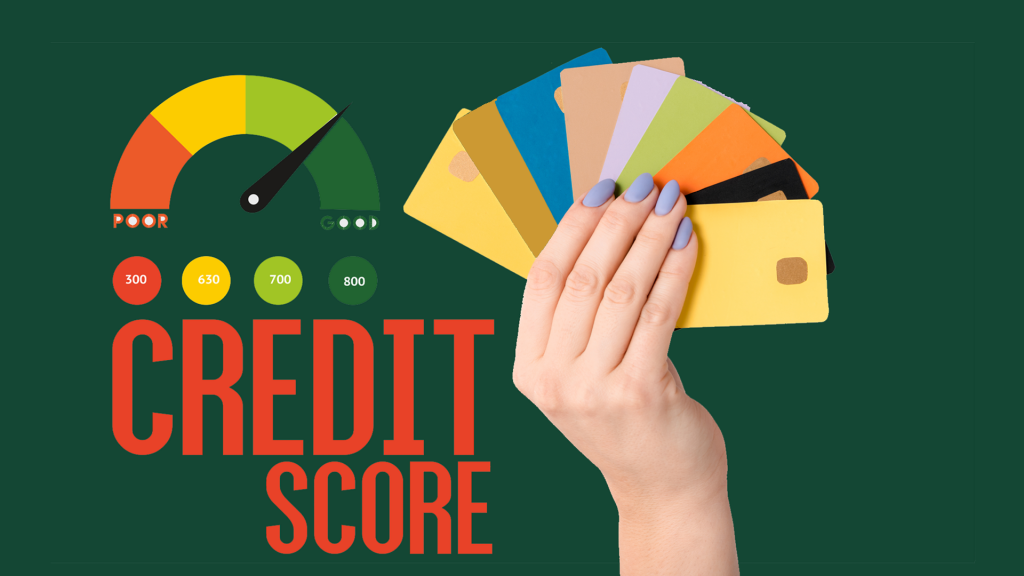A good credit score has become essential for financial stability. When repaying a home loan, purchasing a car, applying for a credit card, or securing a business loan, the lender will check your credit score before making a decision.
A high credit score leads to better loan approvals, lower interest rates, and higher credit limits, which can result in significant savings over time.
But what if your score is not at the desired level? Thankfully, improving your score does not have to be a long process. By maintaining a good credit profile and using the correct strategies, your credit score can rise more quickly than you think. Now, let’s discuss how to quickly get your credit score up to the desired level through the use of some basic yet effective methods.
Timely Payments of Bills are a Must
The most important factor that determines your credit score is your payment history. Just one missed EMI or a late credit card payment can cause your score to drop significantly.
Quick fix:
- Arrange for automatic payments for your EMIs and credit cards.
- Set up reminders on your mobile.
- Make the minimum due payment (but always try to pay the full amount)
- Making regular payments indicates to lenders that you are trustworthy and responsible.
Cut Down on Your Credit Card Utilisation
Using a credit card is an expression of your credit limit usage. Let’s say you have a credit limit of ₹1,00,000 and you are using ₹60,000, that would mean your utilisation is 60% , considering it as a high one, though. High credit utilisation indicates financial distress, and hence scores get lower.
Here are the ways to get a fast improvement:
- Utilisation under 30% of the credit limit is the target to be maintained.
- If you hold more than one card, distribute the expenses over them.
- Ask for a limit increase (but don’t increase spending)
- Make a mid-cycle payment to decrease the outstanding balance.
This is one of the quickest routes to having a better credit score.
Review Your Credit Report and Correct Mistakes
Your credit score could be low due to a wrong piece of information sometimes, like a loan you never borrowed, an EMI marked unpaid, or a wrongly recorded credit limit. So, checking your credit report is a must-do task.
You should look for things like:
- Cash accounts that are incorrectly listed as loans
- Personal details that are incorrectly stated
- The loans that have been paid but are still not marked as closed
- Entries that are duplicated
- Payments that were made on time but were still marked as delayed
You can submit a dispute to the credit bureau (CIBIL, Experian, Equifax, CRIF High Mark) if you find any errors. The credit score can be increased instantly by correcting the errors.
Pay Off High-Interest Debt First
Credit card debt and personal loans usually have very high interest rates. Letting such bills remain unpaid not only harms your credit score but also adds to your financial drawbacks.
What to do:
- High-interest loans should be taken care of first.
- Apply the ‘debt avalanche method’ — start with the highest interest rate.
- You can also start, part-payments ( if needed)
- Apply bonuses, rewards, or extra income to pay off debt more quickly.
Getting rid of debt will not only raise your score but also decrease your financial worry.
Do Not Apply for More than One Loan or Card at Once
With every loan and credit card application, the bank requests a “hard inquiry” on your credit report. Having too many hard inquiries in a short period indicates that you are desperate for credit and may lead to a drop in your credit score.
To avoid this situation, just do the following:
- Apply only when it’s a must.
- First compare loans online.
- Properly space out your applications.
Reduce the number of applications that are not necessary to keep your score healthy.
Keep Old Credit Accounts Open
Many people close their oldest credit cards because they don’t use them. But that can actually hurt your score. Your credit history length matters – longer history means better reliability.
What you can do:
- Keep your oldest card active.
- Use it once in a while for small purchases
- Pay it off immediately
- Old accounts strengthen your overall credit profile.
Convert Large Credit Card Bills Into EMIs (If Needed)
If you’re unable to pay a big credit card bill in full, convert it into EMIs instead of paying only the minimum. Paying minimum due repeatedly increases interest, keeps your balance high, and damages your score.
EMI conversion may come with interest, but it provides:
- Lower monthly burden
- Better repayment structure
- Protection from huge interest charges
It keeps your credit utilization under control and improves your repayment record.
Incorporate a Variety of Credit Types
Lenders prefer a versatile customer who is already in different loan markets – credit cards, personal loans, home loans, auto loans, etc. This reflects strong repayment capability.
If you only use credit cards, consider adding a small consumer loan or a low-ticket personal loan (only if actually needed). A healthy credit mix strengthens your score over time.
Become an Authorised User on Someone’s Card
This is a lesser-known but effective way to build your credit quickly, especially if you are new to credit.
If someone with a good credit score (a parent or spouse) adds you as an authorised user on their credit card:
- Their credit card history is added to your report.
- Your score improves faster.
- You don’t need to use the card to benefit.
- Only do this with someone you trust completely.
Be Consistent — Scores Improve With Time
Improvement of credit score is not a magical process, it’s about building consistent habits. Responsible behaviour will increase your score within months, even if your score is currently low.
The following are long-term habits to keep up with:
- Pay all dues before they are due.
- Keep your utilisation low.
- Check your report frequently.
- Have emergency savings so that you don’t have to use credit unnecessarily.
Conclusion
Your credit score doesn’t have to take a long time or be a complicated process. If you are doing the right things such as making timely payments, having low credit card balances, paying off high-interest debts, and not applying for more loans than necessary, you will be able to see significant changes faster.
A strong credit score can hardly be considered as mere digits. It reflects your financial end eavour, opening the doors to lower interest rates, higher loan approvals, and eventually financial independence.
Frequently Asked Questions
With consistent habits like timely payments and low credit utilisation, many people see improvement within 2–3 months.
No. Soft inquiries (self-checks) do not affect your score. Only hard inquiries from lenders can reduce it slightly.
No. It often lowers your score because it reduces your credit history length and increases utilisation.
Disclaimer: The information in this article is meant for general educational purposes only and should not be considered financial or credit advice. Credit policies and bureau rules may vary across lenders and agencies. Readers should review their individual financial situation or consult a qualified financial advisor before making credit-related decisions.

